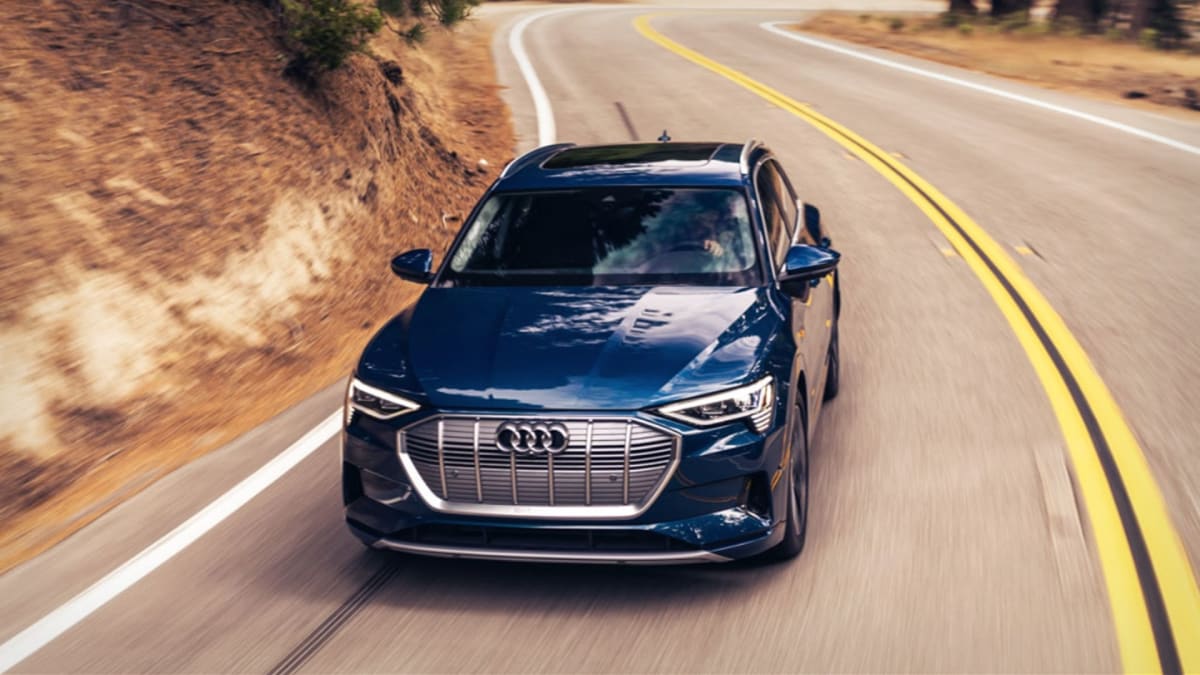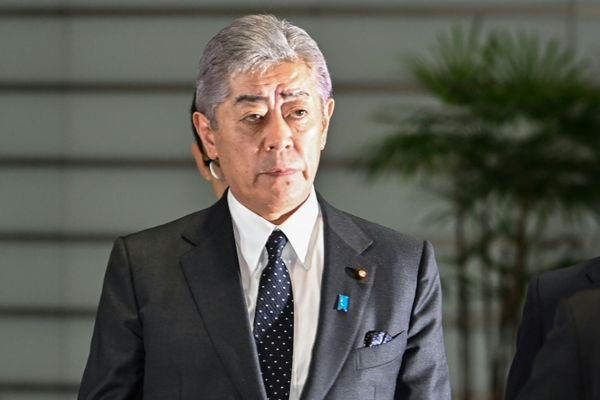
German automaker Audi (AUDVF) is considering constructing a plant in the U.S. to take advantage of the subsidies being offered to automakers in the Inflation Reduction Act.
Audi, which is owned by the Volkswagen Group (VLKAF), said it might build the plant itself or along with its parent company, Audi Chief Executive Markus Duesmann told German newspaper Frankfurter Allgemeine Sonntagszeitung.
DON'T MISS: New Ultra-Luxury Cars Will Have 'Supercomputers' to Compete With Tesla
"The IRA has made building a U.S. plant for electric cars very attractive," he said.
Duesmann said the most likely scenario is a collaboration between Audi and the Volkswagen Group.
Audi is not the only automaker seeking to reap the benefits of the IRA which provides subsidies and tax incentives and subsidies for vehicles whose parts are sourced and manufactured in North America.
The German auto company does not have a manufacturing plant in the U.S. In 2022, the company sold 190,000 cars in the U.S., which made up 11% of its total sales.
Last August the $430-billion IRA was passed, providing tax incentives and various subsidies to encourage manufacturers to build products that produce lower emissions.
One incentive that has been appealing to drivers is the $7,500 tax credit given to consumers who purchase North American-made electric vehicles. This prompted Tesla (TSLA) to lower its prices to attract more buyers.
Audi's strategy includes shifting to building electric vehicles globally by 2030 and plans to halt production of new combustion-engine models by 2026.
Volkswagen is seeking to construct a separate plant that will be located in the the U.S. to build electric SUV trucks and pick-ups for its Scout brand, according to an article in Automobilwoche, an industry publication, on Friday.
An Audi spokesperson told Reuters that various plans were being considered and did not comment if the two plans were linked.
Volkswagen has a factory in Chattanooga, Tennessee and began manufacturing the ID.4 SUV in 2022 with plans to build 90,000 EVs this year.
Last May sources told Reuters the Tennessee plant would manufacture the electric minivan ID.Buzz, requiring an expansion of the factory. A new platform would also be needed for Scout, a VW company, to produce off-road electric pick-up trucks and sports utility vehicles. The current plant does not have enough space for the new production.
In Mexico, Volkswagen will upgrade its plants located in Puebla and Silao in order to manufacture EVs, motors and its components by 2025.
Stellantis (STLA) said on Feb. 23 that plans to build EVs and its battery supply in the U.S. were already in the works, but the IRA produced "further incentive to speed up."
Logistics and transportation costs have been a factor for automakers who began building their production plants closer to the location of their customers for the past few years. Lowering the number of exports has prompted car manufacturers to build plants in the U.S., China and Europe.
Some automakers have chosen to build in North America, often in the U.S. or Mexico, which has been a concern for Europeans as fewer jobs are being created.







